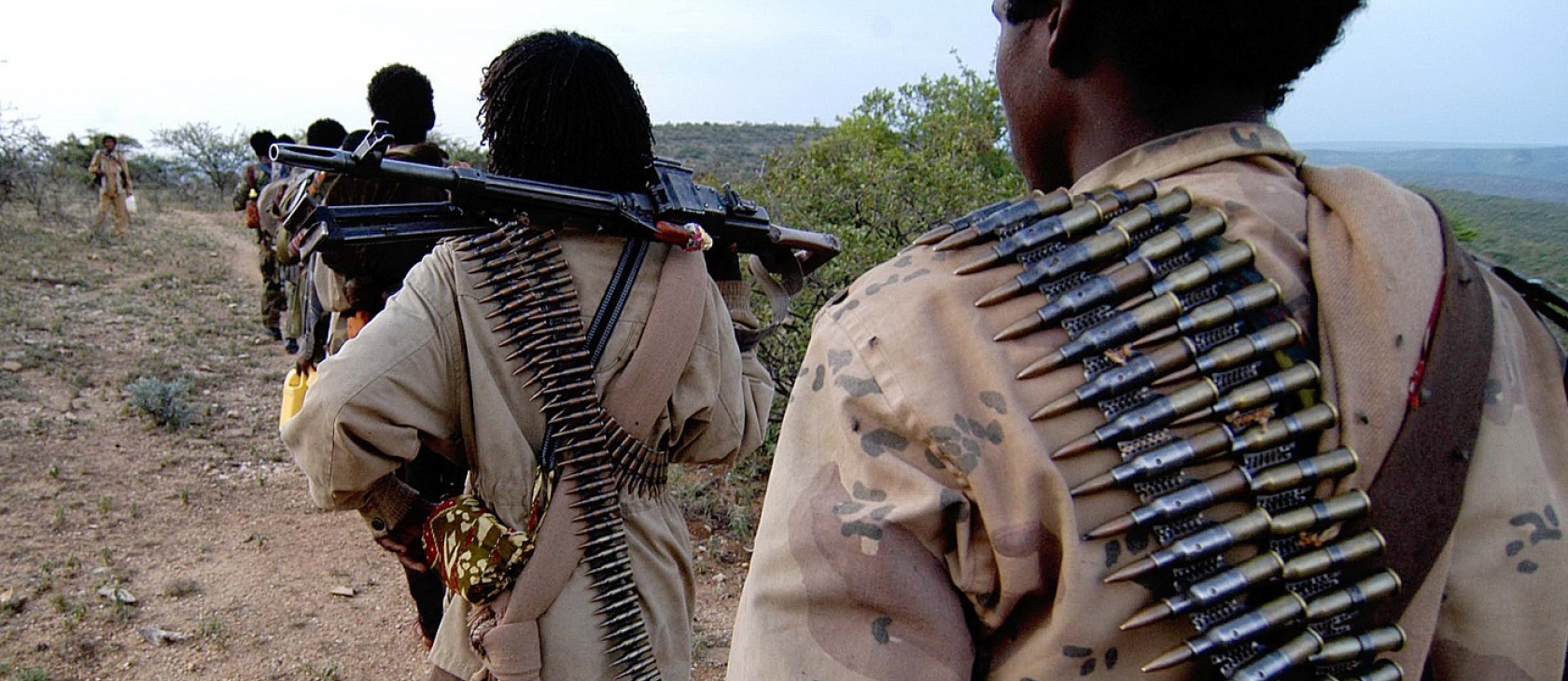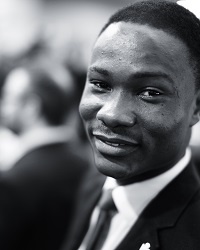Western and central Africa, known as the Sahel region, has been the home to a string of human rights abuses and attempted genocide within living memory. It is presently the home to numerous jihadist insurgencies. Yet the European Union is considering sending arms to the region, rather than developing its latent resources so that the people of my continent can flourish.
The EU recently proposed the €10.5-billion ($12.3 U.S.) European Peace Facility (EPF) for partners in crisis zones, including Africa’s Sahel region. The EPF – which is intended to combat insecurity in nations including Somalia, Mali, and the Central African Republic – would supply lethal weaponry to the area.
Despite the EPF’s good intentions, it is the last thing the Sahel or any region of sub-Saharan Africa needs. Rather than promoting peace, providing weapons to governments in the region could worsen human rights abuse, fuel arms proliferation, and escalate active conflicts in the nations involved.
Already, governments in the Sahel region are among the world’s most brutal, and it is reckless for the EU to consider arming oppressive regimes, regardless of the putative motivation. Moreover, there is overwhelming evidence that links the Sahel’s human rights violations to very government agencies the EU plans to equip with weapons.
The EU should foster enterprise, which provides employment opportunities that give vulnerable people the means to sustain their lives without taking up arms against their governments.
The U.S. State Department’s 2017 Human Rights Report on Somalia found cases of arbitrary and politically motivated killings and detentions, mostly attributed to the Somali government. Similarly, Human Rights Watch published a report on misconduct in Mali’s military citing cases of torture, enforced disappearance, and summary executions. It found an equal record of military brutality in the Central African Republic, which ranks among the least safe countries in the world. Echoes of this disturbing pattern resonate across the Sahel especially in Burkina Faso, Eritrea, South Sudan and Mauritania.
Although the EU promises that its weapons would only be used for their intended purposes, there are good reasons to worry about misuse and arms proliferation. The history of foreign military aid in Africa, specifically in the form of lethal weaponry, should trouble EU members inclined to approve the EPF. For instance, at the height of the Libyan uprising in 2011, President Obama approved sending arms to anti-Qaddafi rebels, despite scant U.S. surveillance on the ground. Many of these Obama-sanctioned weapons were wrongfully transferred to jihadists, some of whom are now members of the very terrorist organizations the EU plans to help fight. Investigations reveal that the region’s terrorist organizations – including al-Qaeda in the Islamic Maghreb (AQIM), the Islamic State in the Greater Sahara, and Ansaroul Islam – show that they gained their strength from the arms supply chain created by the Libyan civil war.
The Libyan civil war deepened tribal conflicts in some parts of sub-Saharan Africa, as well. Nigerian President Muhammadu Buhari has attributed the tribal clashes between herdsmen and local farmers in the county over pastoral rights – which has reportedly caused more than 2,000 deaths – to the arms influx from Libya. Similarly, a report by Conflict Armament Research revealed how the Libyan arms transfer empowered Tuareg rebels in Mali and other militants across sub-Saharan Africa.
Allowing people to thrive to the utmost of their ability is the great undertaking that all African and European leaders should pursue.
In light of these well-publicized reports, it is inexplicable that the EU is considering sending weapons rather than prioritizing the economic development of the Sahel. There are no shortage of solutions that could help stabilize the region’s governments. The most logical and effective undertaking for the Sahel’s leaders – possibly with EU support – is to solve the factors that give militias and insurgents their popular support – primarily illiteracy, poverty and maladministration.
For instance, the recruitment strategy of AQIM – like most terror organizations – focuses on exploiting impoverished communities already estranged from their government. The low literacy levels and negative economic conditions in these communities create a fertile recruiting ground for terrorists. By exploiting underdevelopment, AQIM will eventually persuade vulnerable individuals to join their rebellion – or force them to once the terrorists have gained sufficient strength.
To deprive terrorists of this strength, the EU can work with concerned governments by identifying ways to improve formal education and the overall development of the exposed communities. It must also stimulate governments in the region to eliminate corruption and improve accountability.
Most part of the Sahel is already blessed with underutilized natural resources like iron ore and promising agricultural potential – pending alternative means of water supply to areas with low rainfall, and a reduction of the EU’s protectionist agricultural tariffs. If the EU can partner with Africa to better manage these resources for the benefit of local communities, particularly those prone to insurgency, it will chart the course for an economic remedy to insecurity.
Extending mutually beneficial trade deals is an equally good means to improve the economic situation in these countries. The EU should foster enterprise, which provides employment opportunities that give vulnerable people the means to sustain their lives without taking up arms against their governments.
I submit that this is a more peaceful, and more moral, undertaking. Preserving life, which bears the divine image, is a foundational principle of the word of God. Allowing people to thrive to the utmost of their ability is the great undertaking that all African and European leaders should pursue. If they do so, they will find that in the divine economy, love truly conquers all.
The EU should reconsider the long-term impact of providing weapons and ponder the prosperity that could follow increased development, seeing both alternatives through the lens of rationality and morality. This is what separates a prudent action from a disastrous one. EU support for the Sahel region must follow the wise counsel: First, do no harm.
(Photo credit: Jonathan Alpeyrie. This photo has been cropped. CC BY-SA 3.0.)




